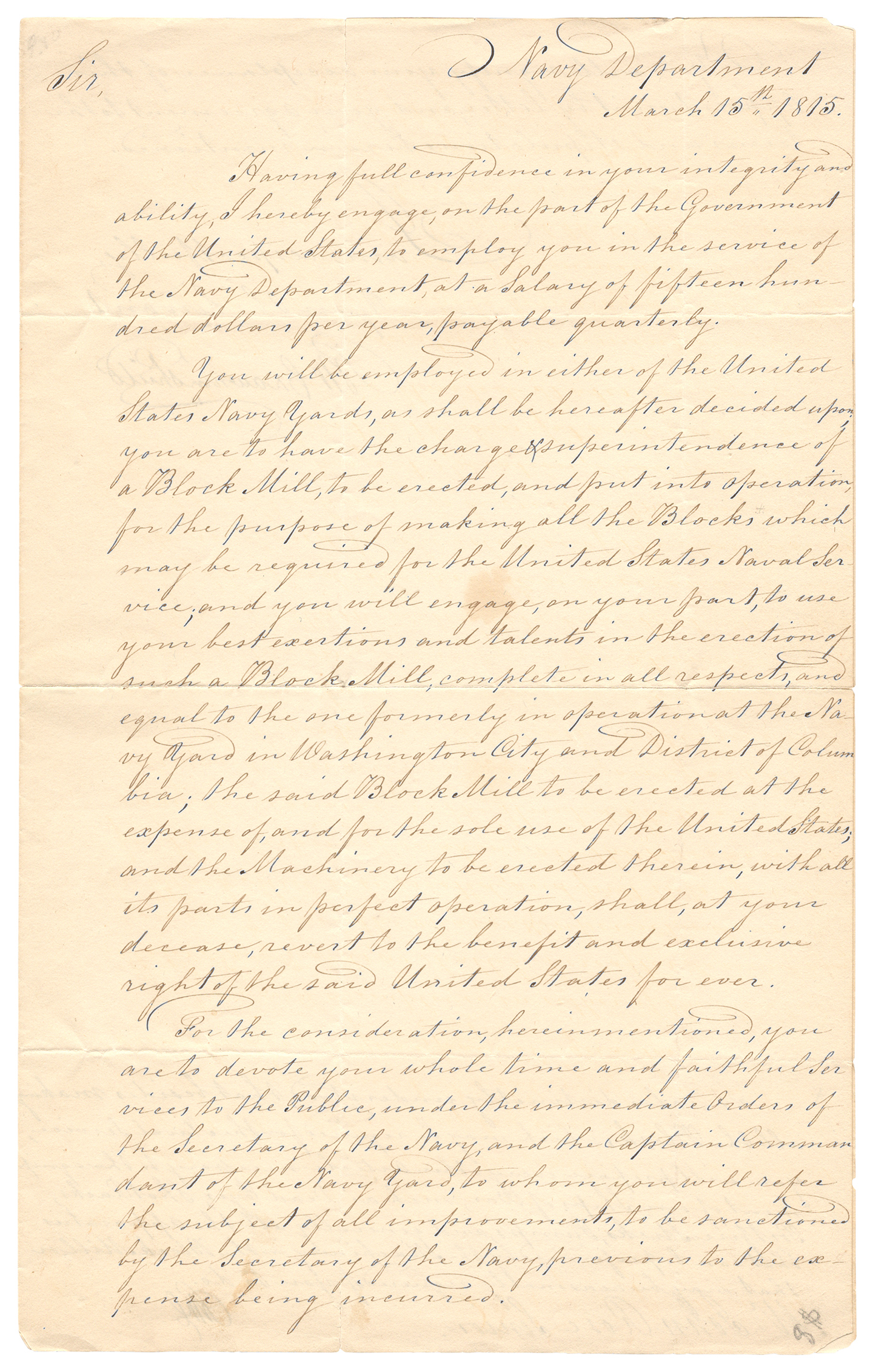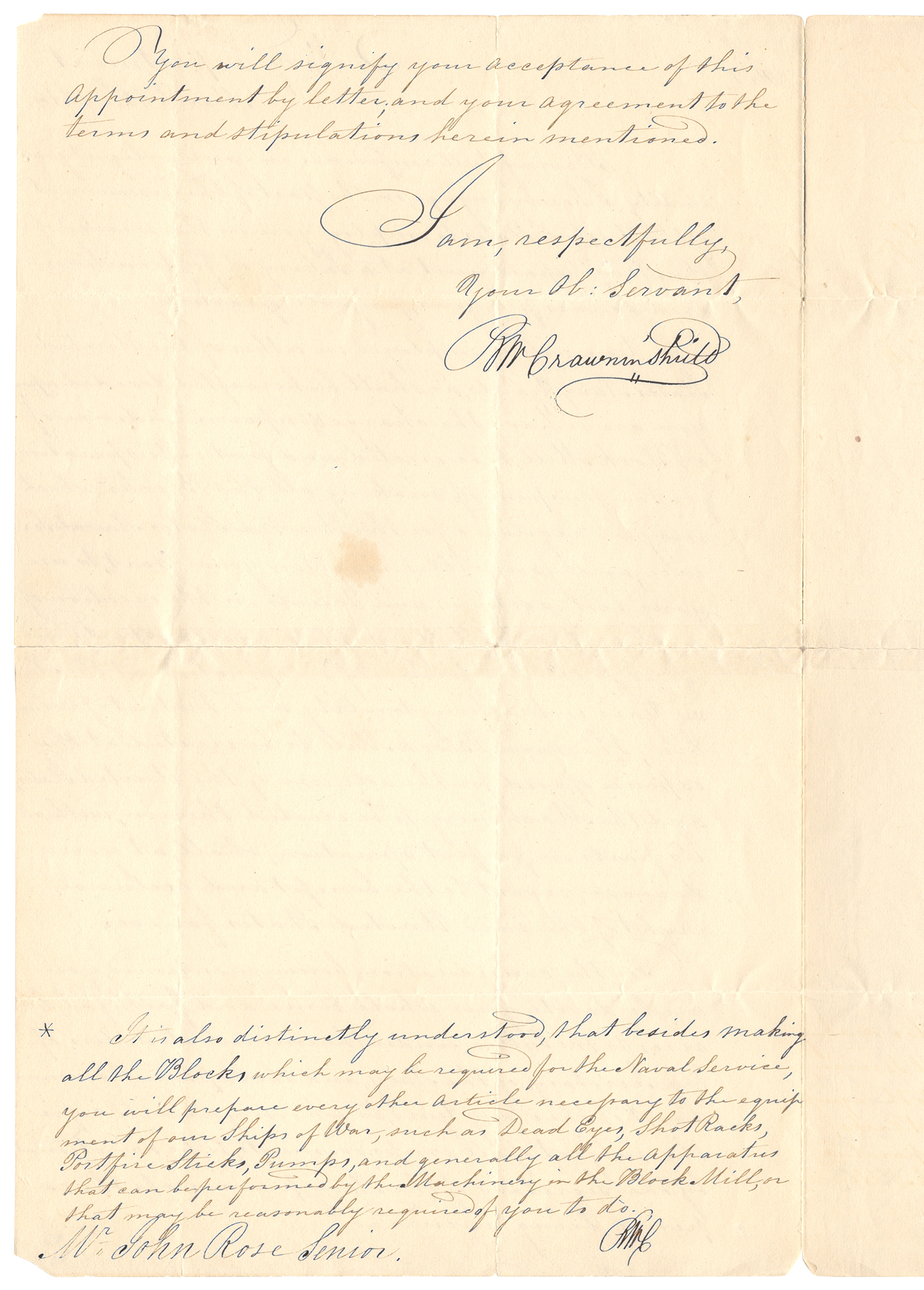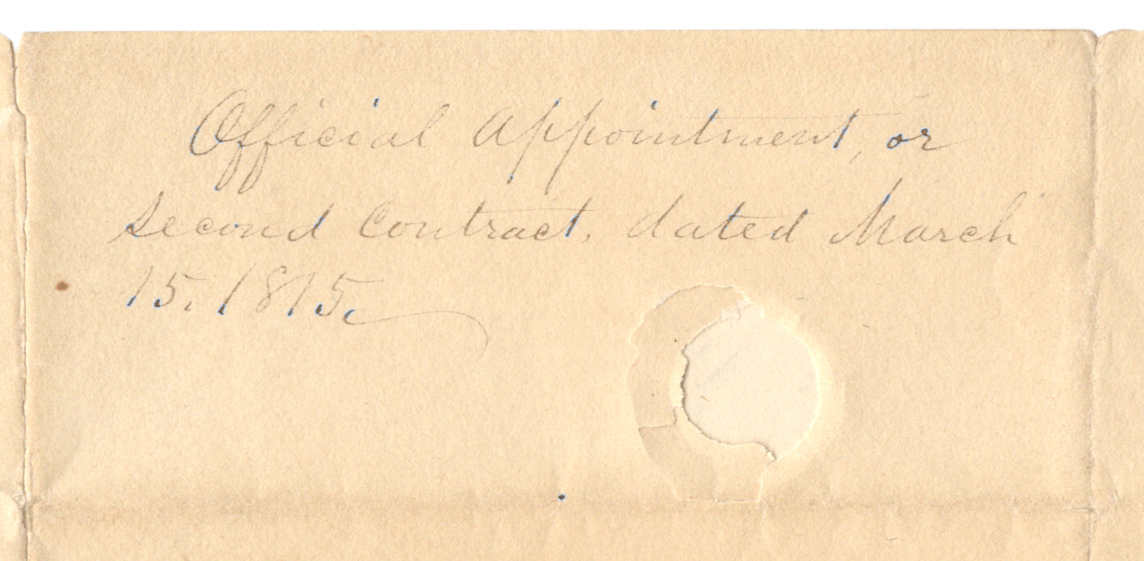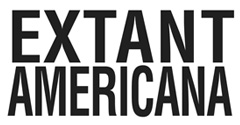 (Second Barbary War) Benjamin Williams CROWNINSHIELD (1772-1851) Hailing from the Boston Brahmin Crowninshield family of shipping merchants, Crowninshield served as United States Secretary of the Navy from 1815 to 1818, spanning the administrations of Presidents James Madison and James Monroe. He oversaw naval strategy during the Second Barbary War of 1815, and otherwise transitioned the Navy to a peace time force following the War of 1812. He was elected to Congress in 1823, serving four consecutive terms as a U.S. Representative from Massachusetts, concluding in 1831.
(Second Barbary War) Benjamin Williams CROWNINSHIELD (1772-1851) Hailing from the Boston Brahmin Crowninshield family of shipping merchants, Crowninshield served as United States Secretary of the Navy from 1815 to 1818, spanning the administrations of Presidents James Madison and James Monroe. He oversaw naval strategy during the Second Barbary War of 1815, and otherwise transitioned the Navy to a peace time force following the War of 1812. He was elected to Congress in 1823, serving four consecutive terms as a U.S. Representative from Massachusetts, concluding in 1831.
Autograph Letter Signed “BW Crowninshield” as Secretary of the Navy and initialed “BWC” under postscript, 2pp., 317 x 203 mm. (12 1/2 x 8 in.), 15 March 1815, Navy Department [Washington], to Mr. John Rose, Sr., employing him as a superintendent of a Block Mill for the United States Navy.
Crowninshield writes, in large part: “Having full confidence in your integrity and ability, I hereby engage, on the part of the Government of the United States, to employ you in the service of the Navy Department, at a Salary of fifteen hundred dollars per year, payable quarterly. You will be employed in either of the United States Navy Yards, as shall be hereafter decided upon you are to have the charge of superintendence of a Block Mill, to be erected, and put into operation, for the purpose of making all the Blocks which may be required for the United States Naval Service; and you will engage, on your part, to use your best exertions and talents in the erection of such a Block Mill, complete in all respects, and equal to the one formerly in operation at the Navy Yard at Washington City and District of Columbia; the said Block Mill to be erected at the expense of, and for the sole use of the United States; and the Machinery to be erected therein, with all its parts in perfect operation, shall, at your decease, revert to the benefit and exclusive right of the said United States for ever. For the consideration, hereinmentioned, you are to devote your whole time and faithful Services to the Public, under the immediate Orders of the Secretary of the Navy Yard, to whom you will refer the subject of all improvements, to be sanctioned by the Secretary of the Navy, previous to the expense being incurred…” Added in a postscript: “It is also distinctly understood, that besides making all the Blocks which may be required for the Naval Service, you will prepare every other Article necessary to the equipment of our Ships of War, such as Dead Eyes, Shot Racks, Portfire Sticks, Pumps, and generally all the Apparatus that can be performed by the Machinery in the Block Mill, or that may be reasonably required of you to do.”
In 1812, Hajji Ali, the Dey of Algiers declared the annual tribute offered by the United States under the terms of a 1795 treaty as insufficient and declared war. The United States, in the midst of war with Great Britain, was unable to respond. The singing of the Treaty of Ghent at the close of 1814 however allowed the country to focus its attention on North Africa. On March 3, 1815, Congress authorized the use of force against Algiers, and the Navy sent a full squadron under the command of Stephen Decatur to the Mediterranean.
 Needless to say, John Rose (1749 – 1828) had his work cut out for him, as the Navy was still rebuilding after a costly but successful sea war against the Royal Navy. Born in France as Louis Rose in L’Orient, he was a seasoned block maker for Louis XVI’s navy at Brest and Le Harvre by the time he arrived in the United States in 1805—leaving his native country due to his dislike of Napoleon Bonaparte. Constructing a block mill in Philadelphia, he came to the attention of Benjamin Henry Latrobe who secured Rose services to run a block mill at the Washington Navy Yard. The industrious block maker secured several patents for improvements in block making, and in conjunction with Latrobe, erected a a powered block mill, which was destroyed by the Navy Yard officials before the British overran and burned Washington in August 1814. Although the Navy wanted to construct a new block mill, and in the present document, retained Rose’s services in supervising its erection, Congress was unable to find sufficient funds to undertake it. Still a valuable, skilled craftsman, Rose remained on the government payroll as a senior block maker and machinist. He became a naturalized citizen in 1817—having already anglicizing his first name to John. He remained working for the Navy until his death in January 1828.1
Needless to say, John Rose (1749 – 1828) had his work cut out for him, as the Navy was still rebuilding after a costly but successful sea war against the Royal Navy. Born in France as Louis Rose in L’Orient, he was a seasoned block maker for Louis XVI’s navy at Brest and Le Harvre by the time he arrived in the United States in 1805—leaving his native country due to his dislike of Napoleon Bonaparte. Constructing a block mill in Philadelphia, he came to the attention of Benjamin Henry Latrobe who secured Rose services to run a block mill at the Washington Navy Yard. The industrious block maker secured several patents for improvements in block making, and in conjunction with Latrobe, erected a a powered block mill, which was destroyed by the Navy Yard officials before the British overran and burned Washington in August 1814. Although the Navy wanted to construct a new block mill, and in the present document, retained Rose’s services in supervising its erection, Congress was unable to find sufficient funds to undertake it. Still a valuable, skilled craftsman, Rose remained on the government payroll as a senior block maker and machinist. He became a naturalized citizen in 1817—having already anglicizing his first name to John. He remained working for the Navy until his death in January 1828.1
Rose’s letter to to the Board of Naval Commissioners, submitted in response to legislation that all employees of the federal government had to be U.S. Citizens, in which he declares his loyalty to the United States, is worth quoting at length: “… I quitted the French government in 1805 with the intention to Conform to every Law and Regulation that might be required of me, and am Resolved at an Advanced age to devote all my inventions and talents for the Utility of the Country which I have Adopted. Conformable to the Law for the Encouragement of Aliens, in Feb. 1814 I took out a patent for the Block Mill Machines; with the intention of giving the invention, to the sole use of the U.S. Navy. At the same time the greatest part of the Machines were Completed, and in full Activity in the Navy Yard ; My first Agreement I fulfilled with that fidelity and integrity , becoming an honest man which I think you can testify. Since that period, on the 15th of March 1815 I made a fresh agreement with the Hon Secretary of the Navy to be retained in the Service, and to build another Block Mill, and likewise for that purpose to hold myself in readiness to proceed to such Navy Yard…”
 A fine piece of Navy history documenting the numerous ties between France and the United States, despite frayed relations over the previous two decades.
A fine piece of Navy history documenting the numerous ties between France and the United States, despite frayed relations over the previous two decades.
Usual folds with some separation at folds and seam, tape repair to horizontal center seam, edge wear, light soiling and toning, overall very good to fine condition.
(EXA 6021) $1,200
_________
1 John G. Sharp, “John Rose, Letter April 22, 1817” Washington D.C. Genealogy Trails (http://genealogytrails.com/washdc/WNY/wnyroseletter1817.html).
2 John Rose to Thomas Tingey, 22 April, 1817, NARA, as quoted in Sharp.
